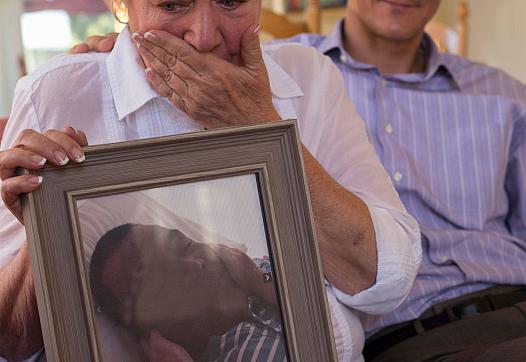
There have been more than two dozen San Diego County jail suicides between 2010 and 2015, well above average. The suicides highlight a national problem: the increasing number of mentally ill people landing in jails.

There have been more than two dozen San Diego County jail suicides between 2010 and 2015, well above average. The suicides highlight a national problem: the increasing number of mentally ill people landing in jails.

The December attack on San Bernardino County employees brought ISIS-inspired terrorism to the Inland Empire. KVCR's Matt Guilhem begins a series of stories on mental health in the wake of the shooting.
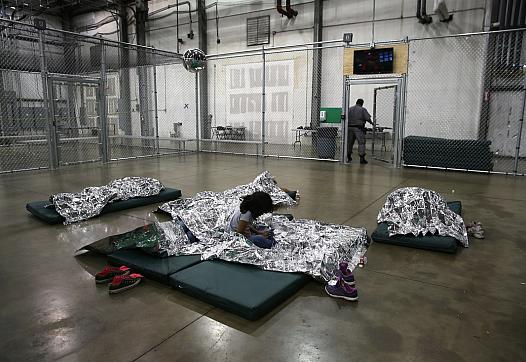
“We wanted to see the sun because the lights were on inside all the time. They would wake us up all the time, they wouldn’t let us sleep,” said one unaccompanied minor placed in a Texas detention center. “I wanted to cry. I thought, ‘God why am I here. Why did I come?’”
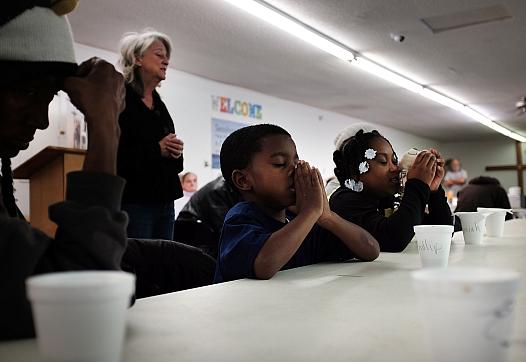
A new study suggests the Great Recession greatly increased the likelihood of mental health problems among children. The pattern held true even in families in which no one lost their job.

It’s an ongoing debate that has been given special urgency in light of recent attention to police killings of black men. When does the need to inform cross over to sensationalism?

Criminalizing pregnant women and new mothers for drug dependency problems leads to poorer health outcomes while disproportionately punishing low-income women of color, argues maternal health advocate Emily Eckert.
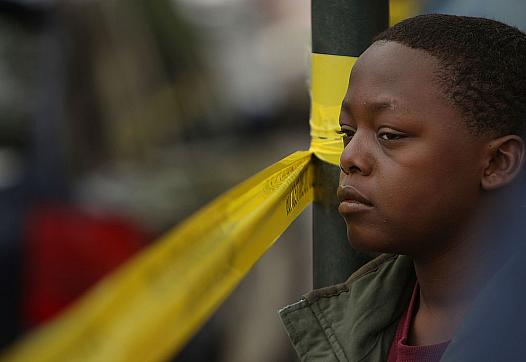
A recent survey of students in Buffalo revealed that roughly one in three had seen someone shot, stabbed or assaulted in their neighborhood. The crisis is all the more harrowing given what we're learning about childhood trauma's life-long effects on health and well-being.
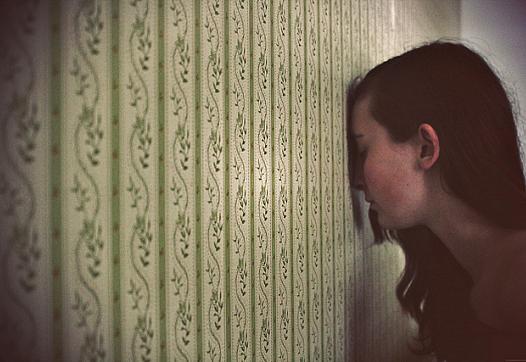
Young people are suffering from mental health problems in unprecedented numbers — it's a problem that deserves a dedicated, thorough and sensitive investigation, says journalist Gisela Telis.
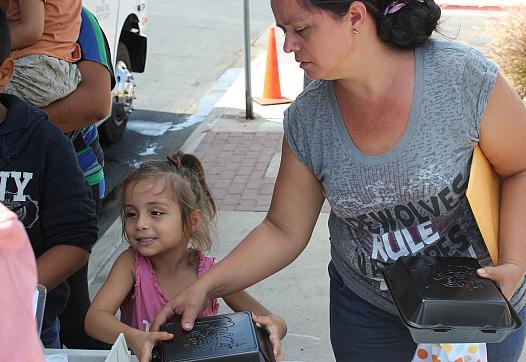
Despite the need, undocumented Latinos typically face major barriers in accessing mental health care. A reporter asks, What approaches are showing the most promise in reaching this community?